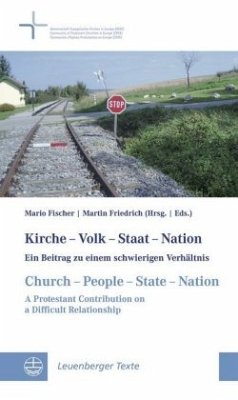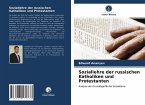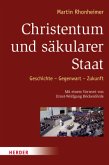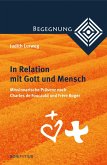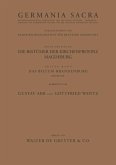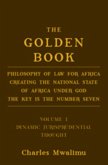Die erstmals 2001 veröffentlichte Studie widmet sich in exegetischen, historischen und systematischen Analysen sowie Fallbeispielen aus einzelnen Ländern dem spannungsvollen Verhältnis der evangelischen Kirchen zu Staat und Nation. Sie kommt zu dem Ergebnis, dass der Protestantismus gerade aufgrund seiner Vielfalt und seiner Verwurzelung in nationalen und territorialen Identitäten eine besondere Rolle bei der Einigung Europas zu spielen hat. In Zeiten von Europaskepsis und wachsendem Nationalismus hat sie neue Aktualität gewonnen. [Church - People - State - Nation. A Protestant Contribution on a Difficult Relationship]First published in 2001, this study deals with the fascinating relationship of Protestant churches to state and nation. This is shown in exegetical, historical and systematic analyses as well as case studies from different countries. It comes to the conclusion that Protestantism has a special role to play in the integration of Europe, precisely because of its diversity and roots in national and territorial identities. In times of Euroscepticism and growing nationalism, the study has only gained in relevance.

